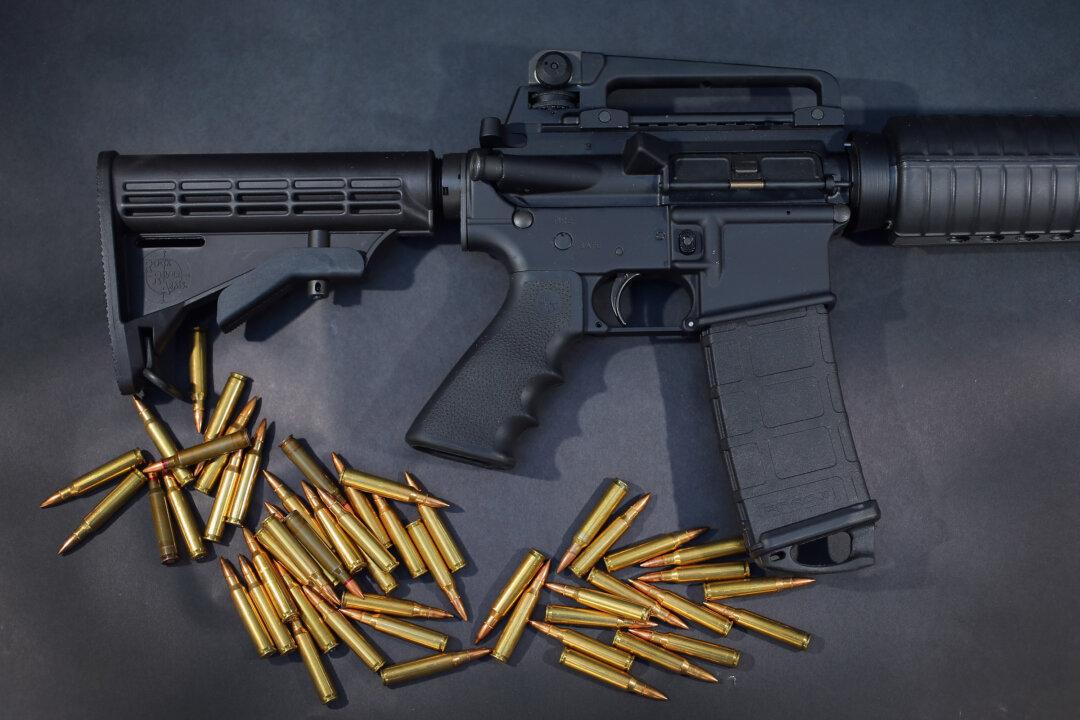An Illinois judge has blocked the gun control law Protecting Illinois Communities Act (the Act), enacted on Jan. 11, saying the state is violating a clear and discernible constitutional right and ignoring the public’s right to know.
Thomas DeVore represents Accuracy Firearms LLC and 866 other plaintiffs from 87 counties who requested a temporary restraining order (TRO) in the 14th Judicial Circuit Court on Jan. 17. He told The Epoch Times that the issue is about more than gun rights. His clients want to expose their state’s cavalier attitude toward the people’s right to be involved in the legislative process, he said.





